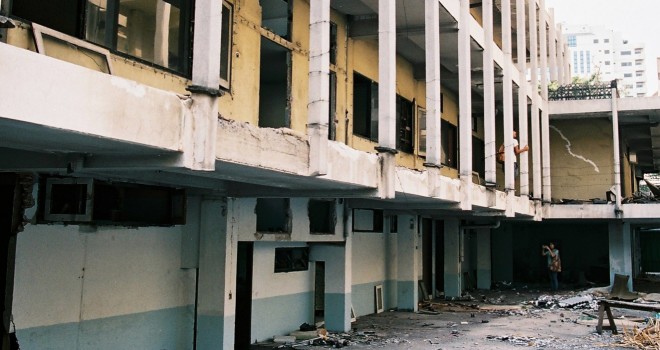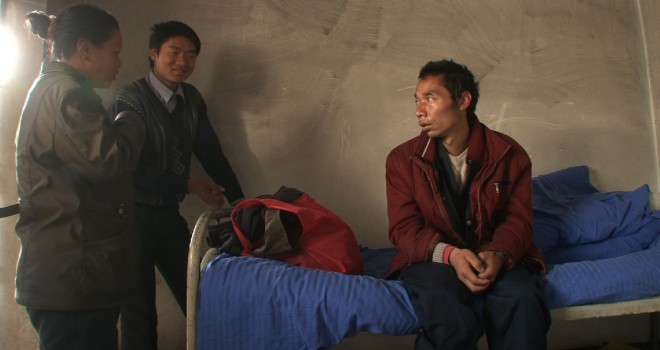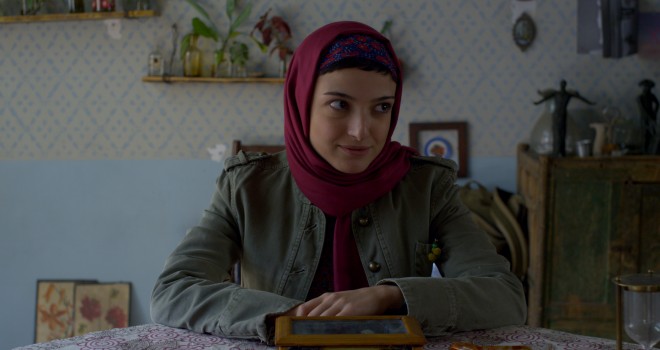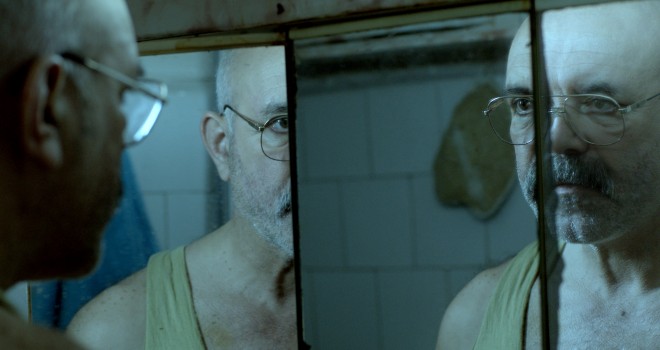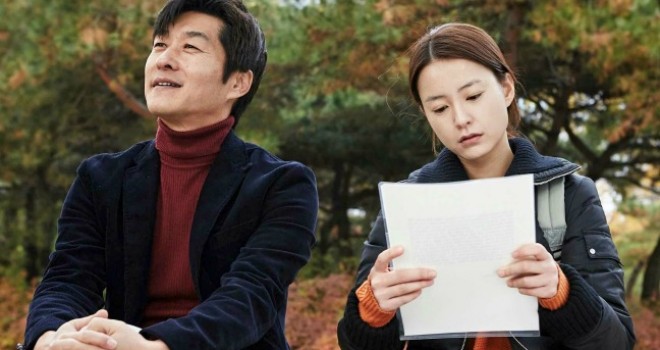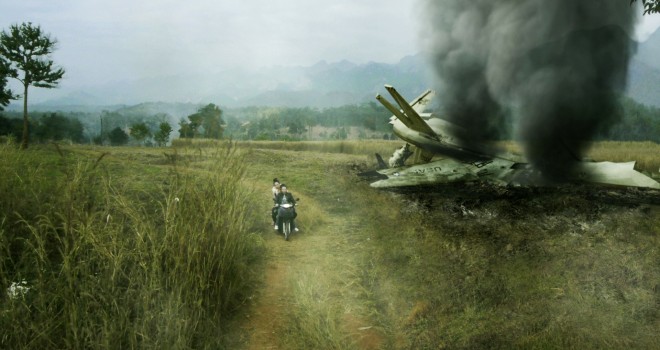Harshness and sensitivity: the films selected for 2013 blend, somewhat paradoxically, a porosity to the world and its violence with a sophisticated taste for oblique approaches and the joys of indirectness. State corruption with consequences that worm their way into the family core (El Mudo), one generation oppressing another (Bending the Rules), the confusion between the psychiatric institution and mental confinement (Til Madness Do Us Part), gangsterism (Poor Folk), the forced clandestinity of migrant life (L’Escale, Rêves d’or), teenage violence misunderstood (Leçons d’harmonie): but there is no need to limit ourselves to the documentary genre to find portraits of men and women struggling, resisting or quite simply surviving. Without yielding to the imperious aridity of fact or naturalist conventions, fiction also endeavours to create visions that express what cinema can do.
Yet the recurrent – and exciting – concern running through the entire programme is that of how the material filmed and its mise en scène can be articulated. Even in Sopro, a contemplative ode to a way of life that has all but disappeared, the framing and editing go beyond simply presenting a “subject”. Conversely, the romantic to-ing and fro-ing of Hong Sangsoo (Our Sunhi) and Koji Fukada (Farewell to Summer), like those of the premier films 36 or Les Jours d’avant, never reflect a disengagement with the world. We must not let ourselves be deceived by their formal simplicity: their “modest form” is in fact a finely tailored vestment of a psychological and existential acuity that eschews ostentatious effects. Moreover, the last two films cited demonstrate a real skill in creating an interplay between the emotion of reminiscence with the fragility of the forms that structure our memory.
It is this attentive patience that the more experienced filmmakers visiting us this year have in common the gestures of the beginners. While the young Yang Zhengfan relies on the stretching-out of time in the strict framework of a single shot (Distant), the more experienced Wang Bing (Montgolfière d’Or 2012 for Three Sisters) uses duration to create, within the absolute confinement of a mental asylum, a disturbing immersion in the intimacy of men lost to society. Tsaï Ming-liang, who announces Stray Dogs as his last film, steers clear of the very idea of narrative by placing a mural at the centre of his film as a metaphor for the opposite side of cinema and its magnificent ruin; between the two, a family lives on in a world that has ceased to recognise it. Bringing together new talents and filmmakers that have left their mark on the history of the festival –and of film more generally – holds the promise of a fertile exchange, in which we hope the Nantes audiences will continue to take part.
Jérôme Baron and Charlotte Garson



